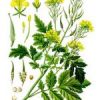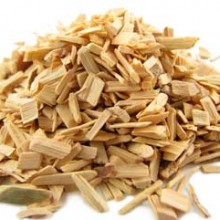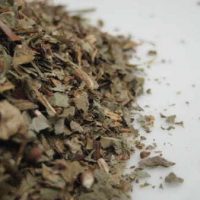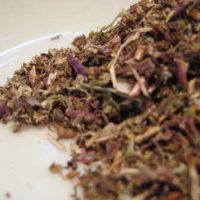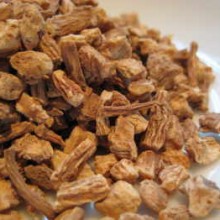Sinapsis alba from which Bai Jhi Zi seed is obtained is also known as Chinese White Mustard which is where white and yellow mustards originated and should not be confused with black mustard which, despite popular opinion, is a different species, being Brassica Nigra.
Mustards, which are annuals, generally grow from 60 to 120 cm (2 to 4 feet) tall. Mustards also grow in the wild as weeds. White and brown mustard are seed mustards, and should not be confused with vegetable mustards, such as mustard greens. Although seed mustard leaves are edible, vegetable mustards have a superior taste. Both mustards have pungent-flavoured, broad, dark green, deeply cut lower leaves. Upper leaves are much less dissected, especially in yellow mustard.
Stem and branches are usually hairy in white/yellow mustard, slightly hairy in brown mustard. Mustards produce loose clusters of yellow flowers, beginning about 5 to 6 weeks after the seedlings emerge. White mustard flowers are somewhat larger than those of brown mustard. White mustard seed pods stand out from the stem and have a long, beak-like tip. Brown mustard seed pods, which form closely to the plant’s stem, have a plump, cylinder-like shape when ripe.
White/yellow mustard seeds are white or yellow, odourless, and have a milder flavor than brown mustard seeds. Brown mustard seeds are brown or dark yellow, and give off a distinctly irritating odour when crushed. Leaves, flowers, and seeds of both mustards may be eaten.
Traditional Uses for Bai Jhi Zi:-
Mustards have been used in traditional Chinese folk medicine as a stimulant, diuretic, and purgative, and to treat a variety of ailments including peritonitis and neuralgia. Typically the seeds are used to treat digestive problems as they are carminative and to help with pain.
In culinary terms, ground down, the seeds are made into a condiment paste in the west but in the east, the seeds are often popped when lightly heated either by dry roasting or shallow frying to impart their heat and flavour in spicy paste mixes that form the basis of many a culinary dish.


